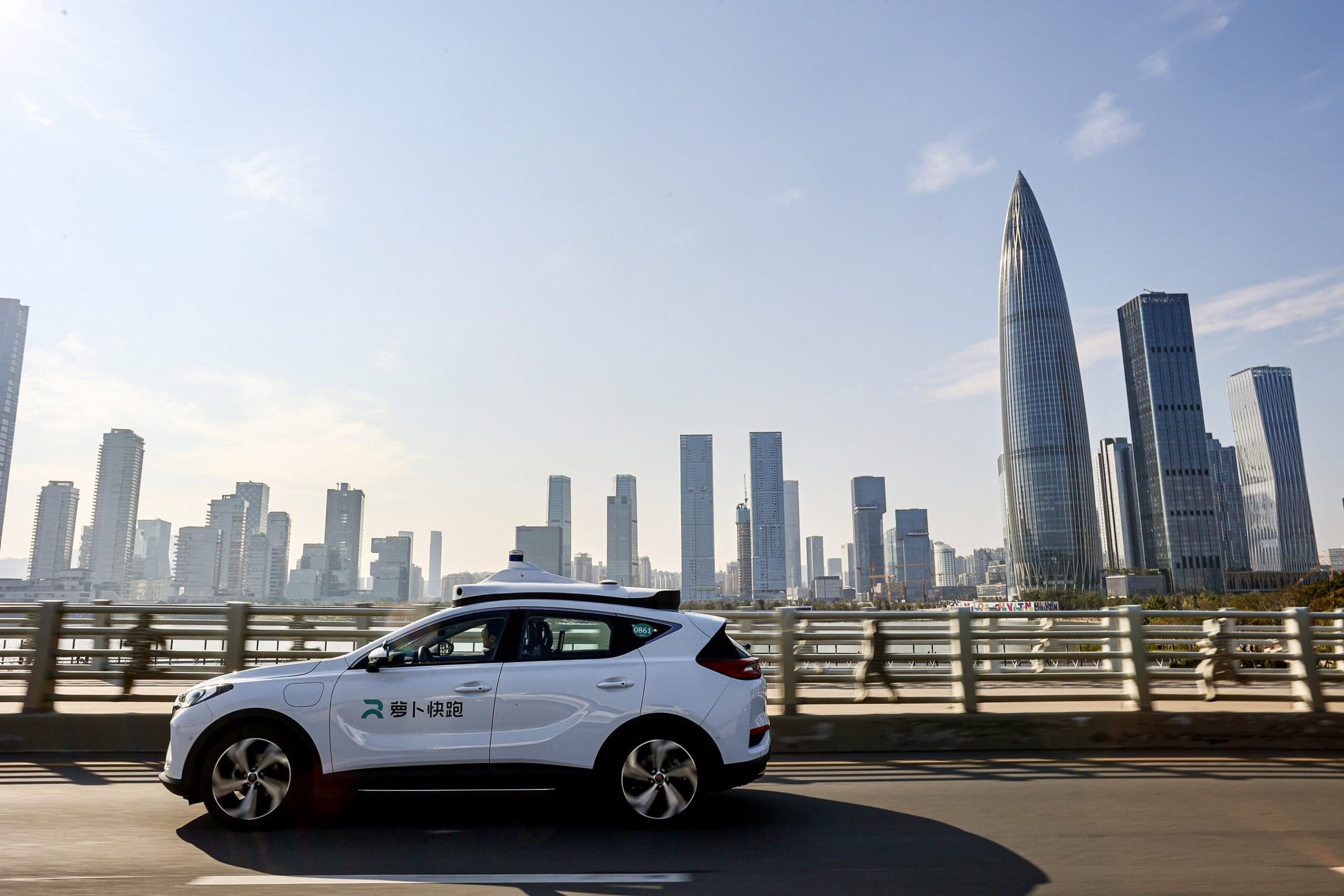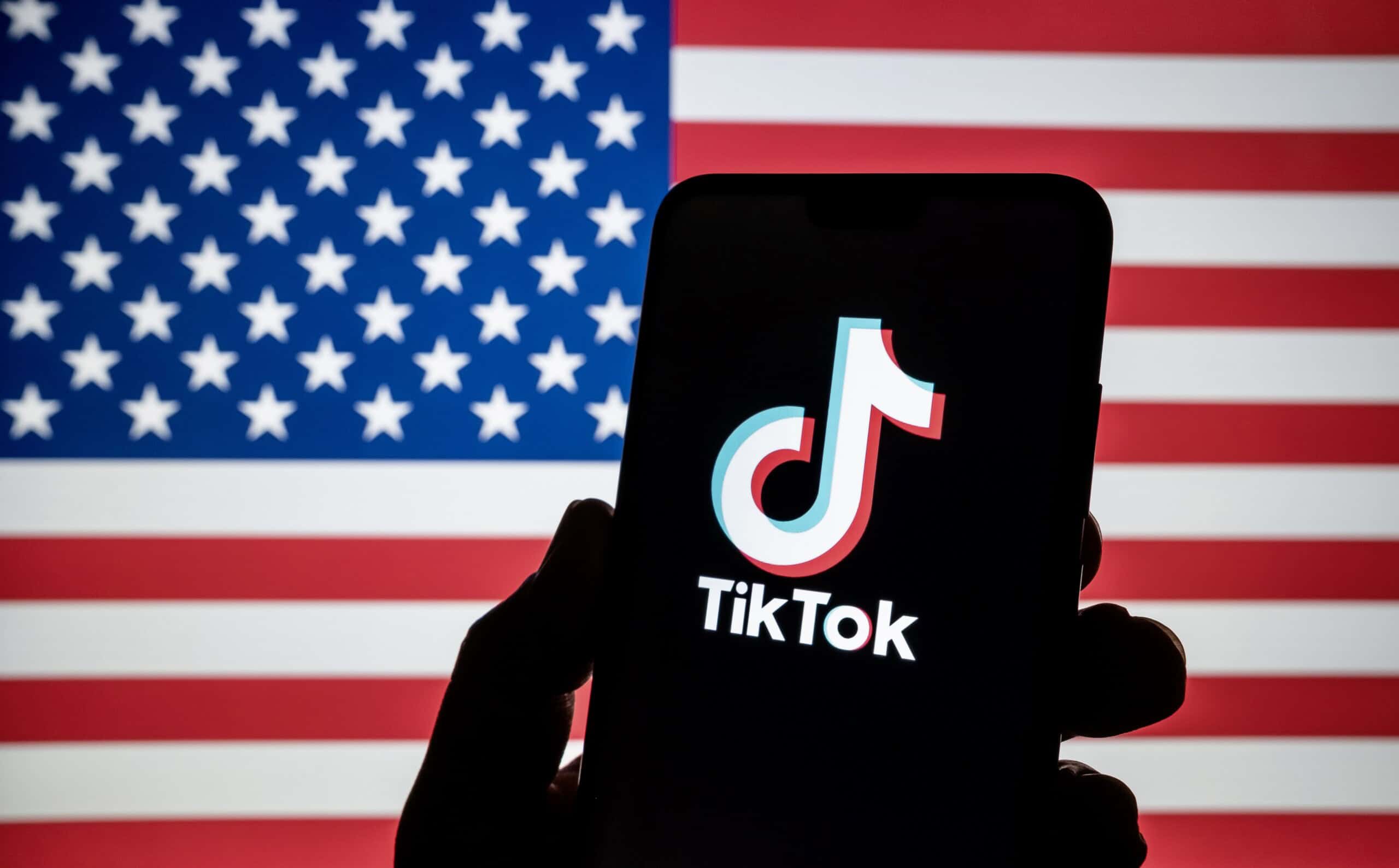Kerry Brown is professor of Chinese studies and director of the Lau Institute at King’s College, London. A former British diplomat, he has lived and worked in China on and off since the mid 1990s. Over that time he has become a prolific writer on the country, authoring over 20 books on Chinese politics. His latest, China Incorporated: The Politics of a World where China is Number One, discusses the nature of Chinese power, including its darker sides, and both what the world wants from China an



